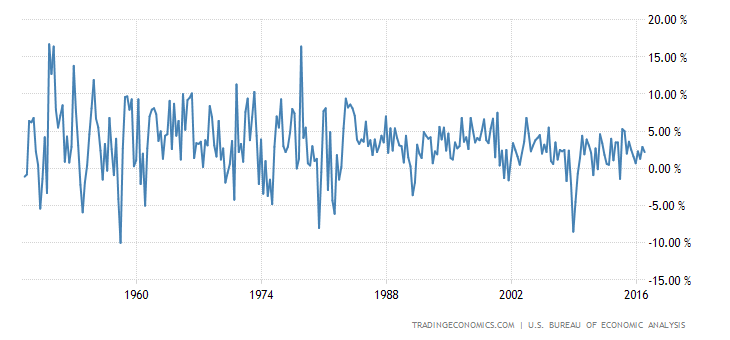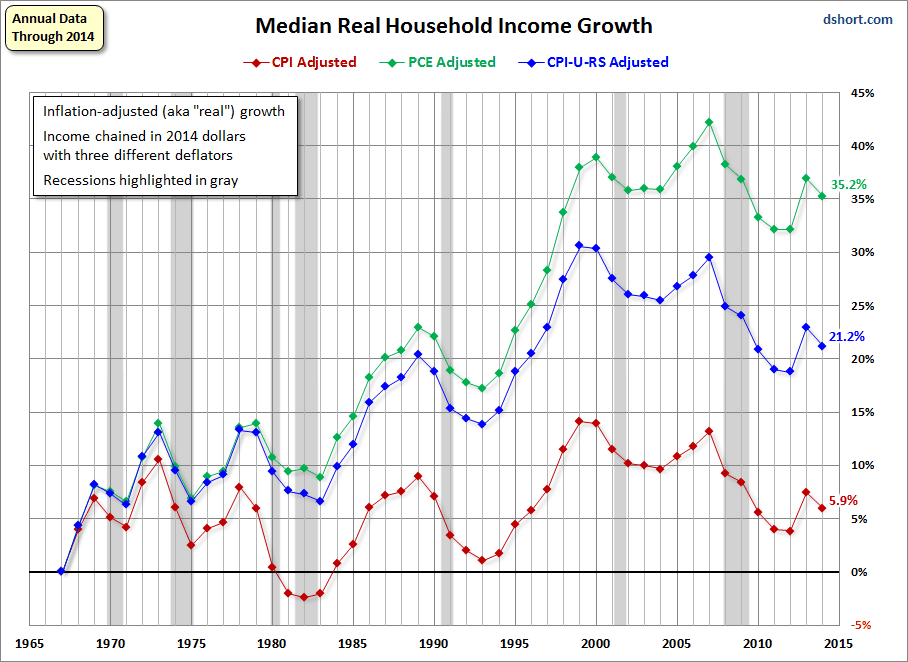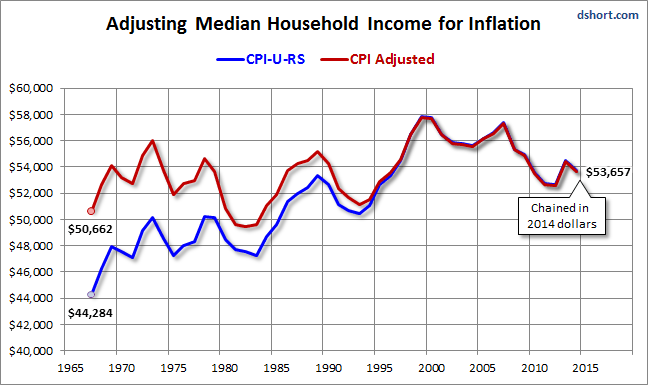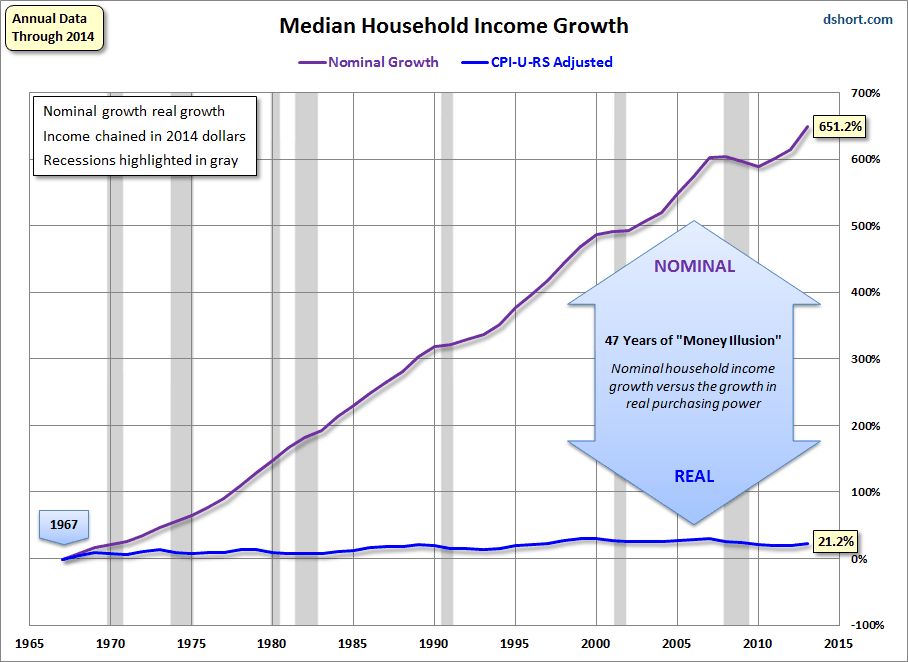My short answer to the title question is that the difference is the extent to which market forces are permitted to drive the use of resources when faced with scarcity and the drivers of utility (in the economic sense of the term). Democratic socialism (DS) allows market forces -- supply and demand -- to drive how many resources are used, whereas Marxism tasks the community's members with choosing how to allocate resources and the fruits of their use. Can the members of either society be perfectly satisfied? Yes, they can. Members in DS find satisfaction in obtaining access to the upper limits of what the society produces; members in Marxism find satisfaction in knowing they are neither better nor worse off than their peers and not being concerned with what might be available at the limits of what's possible.
The thing to keep in mind is that on the economic spectrum at one end sits capitalism and at the other sit command economies. In between the two sits socialism, be it democratic or something else in the political environment in which it sits. The thing that is critical is that no matter how little or much supply and demand are allowed to drive how scarcity and choice are managed, the system is still a capitalist one. It is only when supply and demand are entirely not allowed to be the levers by which scarcity and choice are managed does one get a command economy.
While one can overlay capitalism onto any political system, one cannot overlay a command economic system onto any political system. However, if whatever system one wants mandates that "all pigs be equal," one cannot have capitalism because social and economic homogeneity just aren't an outcome with capitalism which inherently provides greater rewards, more resources, to people and groups who are better at something than are others.
Owen's followers again stressed both
participatory democracy and economic socialisation,
in the form of consumer co-operatives, credit unions and mutual aid societies.
He hardly needed to include that...they are going to exist as long as individuals fail to master key aspects of human nature. LOL Perhaps Owen presented his ideas before it was understood that humans are by nature a social and opportunistic omnivore species. LOL
1. Democracy and the soverienty of the People of a Nation, which is embodied in our declaration of Independence. This includes the principles of Free speech and thought, respect for dissent and the abolition of political crimes.
Is there a reason that is germane to your post's theme and that explains why you didn't underline "of a Nation?" If so, please share?
I ask because I see the "of a Nation" aspect as central to why the discussion of communism, socialism, etc. even exists. Absent political boundaries, that is a multiplicity of sovereign nations that want to "look out" for their own people to the exclusion of others, there is little need to have even conceived various economic and political systems of large (nation size large) group management. After all, with a sufficiently small scope, communism works just fine; it is, after all, how most family units operate. The question then is what be the scope limit of communism's efficacy, not whether it has any at all.
Robert Owen wanted to mimic [faith-based communal economies'] success with secular communes and failed each time, but that didn't stop him from promoting secular communes anyway, lol.
Yes, well, that's the thing. As among family members, within an abbey, cloister, etc., there are a few elements of human nature that are subjugated willingly, and mostly successfully, by all, or nearly all, of the members of the communal organization: avarice, jealousy, sloth, and wrath. Moving outside the family unit or some other easily understood and recognized basis by which commonality is established (which is part of what nationhood does), it becomes harder and harder for people to see the value of behaving in toward others just as they would toward their family members, or toward the members of a different identity group.
That's not to say folks cannot, but rather that they struggle considerably more to see the value of doing so. The value is every bit as much present and eminently more valuable when applied beyond the most obvious extents of scope, but like Lady Truth, it is something one must actively seek for being demure, it won't drag you to it's cave. <winks>
[Marx tried to weave a sort of unitary theory of politics, social theory, philosophy and economics into Marxism. He promoted a new set of theories that included Historical Materialism, capital formation economic theories, and more
Well, yes, but then democracy+capitalism is no different and equally comprehensive in its scope. It's just different in terms of what inspires production and demand and in what and where are found the sources of corruption. In communism and socialism, it's all over the place in comparatively small amounts, but it's a huge drag overall because it's so pervasive, not because any one or few individuals are corrupt. In capitalism, it's mostly at the top and only to a limited extent because the folks at the top don't need to be that corrupt and aren't served by being noticed for being corrupt. In either system, however, it has the same three drivers: avarice, pride/hubris and envy.
class consciousness: Class consciousness refers to the awareness, both of itself and of the social world around it, that a
social class possesses, and its capacity to act in its own rational interests based on this awareness. Thus class consciousness must be attained before the class may mount a successful revolution.
Yes, Marx, as an atheist and promoter of the "opiate of the masses" idea, needed to present what is called in theist circles greed, pride and jealousy. Those three are basically what Marx's "class consciousness" can be summarized as. Marx wanted to use them to catalyze the same type of class revolution that Trump and Mr. Sanders advocate for now. It's substantively the same message: the "haves" have taken excessive advantage of their status as "haves" so much so that only "scraps" are left for the "have nots." What differs is that in a democratic republic, regardless of the extent to which socialist/centrally controlled economics play a role, the leaders of the revolution say "pick me and I'll fix" things, whereas in Marx's revolution, the masses are supposed to pick nobody and enact the revolution and what comes after it by and for themselves, having no leader at the top.
The problem with that, of course, is that as a social species, humans function best with a leader and with a hierarchy of some sort. That is part of why, IMO, communism and thus Marx's end-state ideal has never been realized. Another part of why is that the practical impediments of trying to make a truly communal system to work on a nation state scale (both geographically and in with large populations) just is too unwieldy. I think communism can work just fine in a nation the size of Monaco or Switzerland even. Much larger than that and there are too many differences driven by geography alone for large states to be efficient in their use and allocation of resources.
exploitation: Marx refers to the exploitation of an entire segment or class of society by another. He sees it as being an inherent feature and key element of capitalism and free markets.
Yes, well, it may not be a feature of communism to, but who knows? We've yet to see communism in play on a national scale. As far as the intermediate step which Marx posits may be necessary on the path to attaining communism -- socialism -- that very same exploitation most certainly exists.
Americans being a very religious and/or spiritual people alienates them from Marxism and any theory of Socialism that drinks deeply from a Marxist world view.
I don't think it's religion that does that. I think it's capitalism. Theist and atheist Americans are equally likely to reject Marxism/Socialism.
Economic Marxism, if one can entirely isolate it from the rest of the system
One cannot. Given that the collective must make productive and consumptive choices as one, the economics and politics are inextricably linked. Better to ignore either the economics of one's choices or the politics. Of the two, ignoring the economics is far easier. (Just ask all the folks who have no economics training and yet have something to say about economics. LOL)
capitalism, that is the increase in efficiency of production through better processes, faster machinery, substitution of cheaper and better materials, etc, all lead to a reduction of pay for the manual labor as the requirements for said worker get simpler over time and laborers are easier to find and train. Thus the over-supply of potential labor is the critical factor in driving the price of labor down and leaving laborers in persistent poverty.
That isn't what capitalism is. Capitalism is an economic system whereby supply and demand determine the uses and allocation of resources in the presence of scarcity.
Your description of how labor rates fluctuate in capitalism are correct. It is not so that laborers must, under capitalism, exist in perpetual poverty, with the exception of in full on
laissez faire capitalism. And that's the thing...An overarching entity, typically the government but it doesn't have to be that, can, in a limited capitalist economy, endeavor to retrain and retask laborers as the need for one form of labor diminishes and another increases. However, if no such authority bothers to do so, only the laborers who've (1) paid attention and noticed that the demand for one type of labor is shifting downward and another/others upward, and (2) amassed enough wealth to retrain themselves (or for a very small few, innovate) will be able to redirect their labors to perform the new types of labor demanded as those shifts occur. There are some other traits as well that are needed: (1) the will to change when change comes, (2) at least average intellect, and (3) access to excellent information.
What it appears to me that Marx over looked was that the technological advances also introduce new technologies. Those new technologies produced new industries that began the capitalization process all over, with costly labor at the top of the gradual slide down, but costly nonetheless. So the son of a fifth generation water mill worker might become the first generation of an automated lumber mill working family. This still required a move on the part of the laborers family and weakened the idea of extended family and broader community as time went on, but it kept the professional skilled working class in tall grass for some time.
Marx was a better economist than that. He absolutely did not overlook the role of technological advances in economic systems, most especially seeing as he was also a scientist.
Red:
In what context do you mean that phrase?
India's professional classes can swarm to our shores with resume's prefit to published job positions quicker than unions can come to realize that management has decided to have their workers train their new Indian replacements.
Therein are some of the shortfalls laborers (at the lower levels of the wage scale) face today in the U.S.labor market, and all of them have to do with will.
- Workers, unionized or not, don't want to do something materially different from what they've been doing. In other words, workers want the status to stay quo. If workers, say, have always assembled widgets, they don't want to learn how to assemble software or words. They want to assemble widgets, but assembling a new kind of widget is okay with them.
- Unions, in response to what workers, their members, want are generally about maintaining the status quo rather than encouraging change and growth among their memberships.
- The polity doesn't want the government to pay for the retraining, arguing that it's too expensive and open to abuse.
- Employers don't want to pay for the retraining either because it's an investment for which their returns aren't guaranteed...workers may learn from employer A and then leave after a couple years to work for employer B who wants experienced people, whereupon employer A must train someone else. Given the costs of training, employer A is better off hiring experienced, or at least already trained workers rather than train them.
- Laborers often lack the funds to retrain themselves even if they had the will to do so.
- Political leaders largely have no interest in having an immensely well informed and dynamic electorate because one cannot "bamboozle 'em with BS" when they are very well informed (truly well informed, not well informed on what their favorite partisan thinks). Why would they? Sure, once in a while a leader comes along who genuinely -- as opposed to knowing how to appear genuine, which, of course, is why I don't, on the face of it, care for actors or pseudo-actors running for political office -- cares more about "the people," the "have nots" than s/he does about preserving the status quo.
Those forces collaborate to leave many laborers in the positions in which they find themselves now.
final end stage degeneration of global capitalism
??? What? I don't know what point you're making here, partly because I don't know that capitalism has an "end stage."
Workers are going to do that under any system when they feel they are being left behind. It's only a question of how long it takes for them to feel left behind and how many get left behind.
They will look for anyone who will promise a fix, whether it is B. H. Obama or Donald Trump and they will be increasingly willing to disregard any issue that is not a pocket book matter as irrelevant.
That's very true, but the problem is that at the risk of sounding pejorative, which isn't how I mean it, the very strata of society that is griping is "too ignorant to know they are ignorant" of the "stuff" they need to know in order to choose what's actually best for them.
Off Topic, sort of:
Because I'd come across it some time back, and seeing as it just crossed my mind, I figure now's a good time to share this because it makes explode in a guffaw every time I watch it.
So what are the forms of Democratic Socialism that the majority of America can accept? How can it get paid for? Where does the money come from in a shrinking economy? Are we all doomed to flip burgers at McDonalds?
Red:
As much as it takes to put more money into their pockets than they currently find there. I have to say that among the folks who aren't in the top 10% of U.S. earners, I don't have the first idea why they oppose the very policies that will make it easier for them to get closer to being or become part of that segment of society, that is other than what I've posited above.
Blue:
I don't know, but seeing as the U.S. economy isn't shrinking, that's not a question for which we need an answer.


Green:
Most definitely not. Folks who "go with the flow" of the economy will not at all find themselves flipping burgers anywhere.




